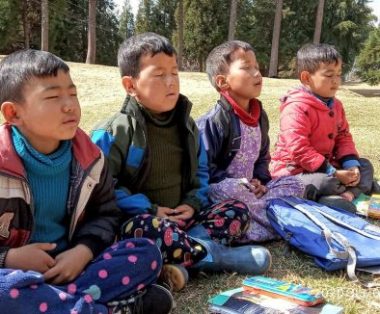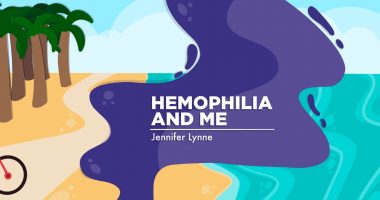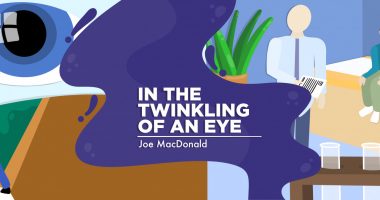Learning to Breathe Can Help Reduce Stress

Stress has been a constant issue for me. I struggle to manage it, but I’m improving. If I could jump into a time machine and travel back in time, I would tell my younger self to chill out and learn how to breathe.
I am a self-employed digital marketing consultant. One of my clients is the Jhamtse Gatsal Children’s Community, located in a remote part of northeastern India. I have learned much about Buddhist philosophy and essential life lessons from the community and the children.
Founder and former monk Lobsang Phuntsok, 50, was left for dead under some leaves at birth. At the age of 7, Lobsang’s grandparents sent him away to the Sera Je Monastery in southern India to study to become a Buddhist monk. After becoming a monk, Lobsang returned to his birthplace in northeastern India to build Jhamtse Gatsal and take in other “unwanted children of the universe.”
Lobsang’s life is dedicated to helping children heal from childhood trauma similar to his own. The community was the subject of the Emmy-winning documentary “Tashi and the Monk.”
Kindergartners meditate
At Jhamtse Gatsal, children start and end the day by meditating and practicing deep, slow breathing. Kindergarten classes begin with a five-minute meditation session.
As Lobsang explained to me via a Zoom call: “Teaching kids to look after their minds is as important as teaching them how to care for their bodies. Introducing children to breathing and meditation practices during their early development stage can help them learn how to calm their minds and use healthy coping mechanisms in their lives.”
“Getting children to sit still is a challenge at first,” he continued. “It’s a big achievement for children to sit. But once the children learn the practice of breathing and meditation, they enjoy and look forward to it as being part of their day. It helps the children relax and manage their stress.”

Children meditate at Jhamtse Gatsal Children’s Community in the Himalayan foothills of northeastern India. (Courtesy of Jhamtse Gatsal Children’s Community)
Learn how to breathe
“The only thing that stays with you from the moment you’re born to the moment you die is your breath,” Jay Shetty wrote in his New York Times bestselling book “Think Like a Monk.”
Think about it. Did anyone ever teach you how to breathe? Imagine if schools worldwide taught breathwork in childhood like they do at Jhamtse Gatsal. Deep breathing to center oneself in chaotic moments can help with relaxation.
When I receive bad news or am under stress, I notice my breathing becomes shorter and shallower. My muscles tense and my jaw clenches. When I consciously tell myself to breathe deeply, my body relaxes. My jaw unclenches, and I feel the difference throughout my entire body. I react better to the situation at hand.
When I infuse medication for hemophilia B and von Willebrand disease, I take a deep breath before poking myself with the needle. I remind myself to breathe deeply throughout the infusion.
The next time you find yourself under stress, take deep, slow breaths and see if you notice a difference in your body. I hope you find learning to breathe helps you manage stressful situations.
April is National Stress Awareness Month, an excellent time to learn better stress management techniques. How do you manage stress? Please share what works for you in the comments below.
Note: Hemophilia News Today is strictly a news and information website about the disease. It does not provide medical advice, diagnosis, or treatment. This content is not intended to be a substitute for professional medical advice, diagnosis, or treatment. Always seek the advice of your physician or another qualified health provider with any questions you may have regarding a medical condition. Never disregard professional medical advice or delay in seeking it because of something you have read on this website. The opinions expressed in this column are not those of Hemophilia News Today or its parent company, BioNews, and are intended to spark discussion about issues pertaining to hemophilia.








Comments